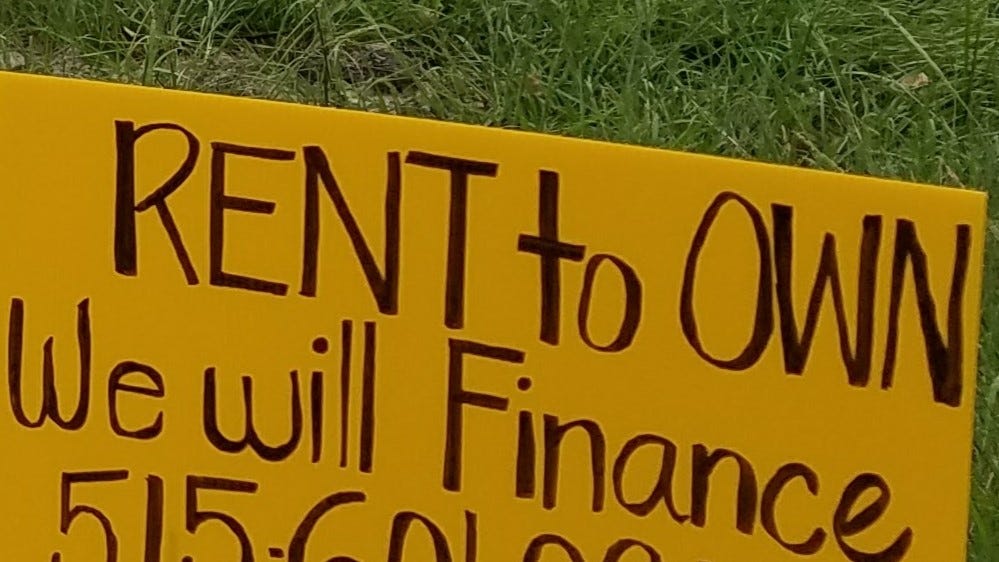No place like an affordable home
On the cost of rent, Thomas Jefferson's shadow, and a worrying development in the cost of putting a roof overhead
The Economist notes an abrupt change in one of the most significant ways American households deal with what is (for most) their biggest expense: Housing. In 2020, homeownership was cheaper than renting for 84% of the country. Today, renting would be cheaper than buying, they estimate, for 89%.
■ It's a large change in both magnitude and speed. A variety of inflationary pressures along with rising interest rates and a reluctance on the part of existing homeowners to sell (when they're sitting on cheap 30-year mortgages) make up the recipe for the effect.
■ A good definition of "home" might be: A place where one can be incapacitated safely. When a person is sick, impaired, or merely asleep, they need to be somewhere they can be reasonably sure of their own safety. If we're in a condition when it's overwhelmingly likely to be cheaper for "home" to be a place that is no more secure than a 6- or 12-month lease, then we ought to take that as a good indication that we are not producing enough new housing stock.
■ Thomas Jefferson left an imprint on American culture that favored land ownership as a means of national well-being and security: "[S]mall land holders are the most precious part of a state". But fixating too much on the land and too little on the simple conditions of "home" may have deprived us of housing solutions that cover more of the gap between rented places and big suburban tracts with giant lawns that don't do much good.
■ For some, rented homes will always make sense, either for economic reasons or for other causes. But we as an interested public shouldn't be satisfied with a state of affairs that leaves ownership of a home farther out of reach than renting.



